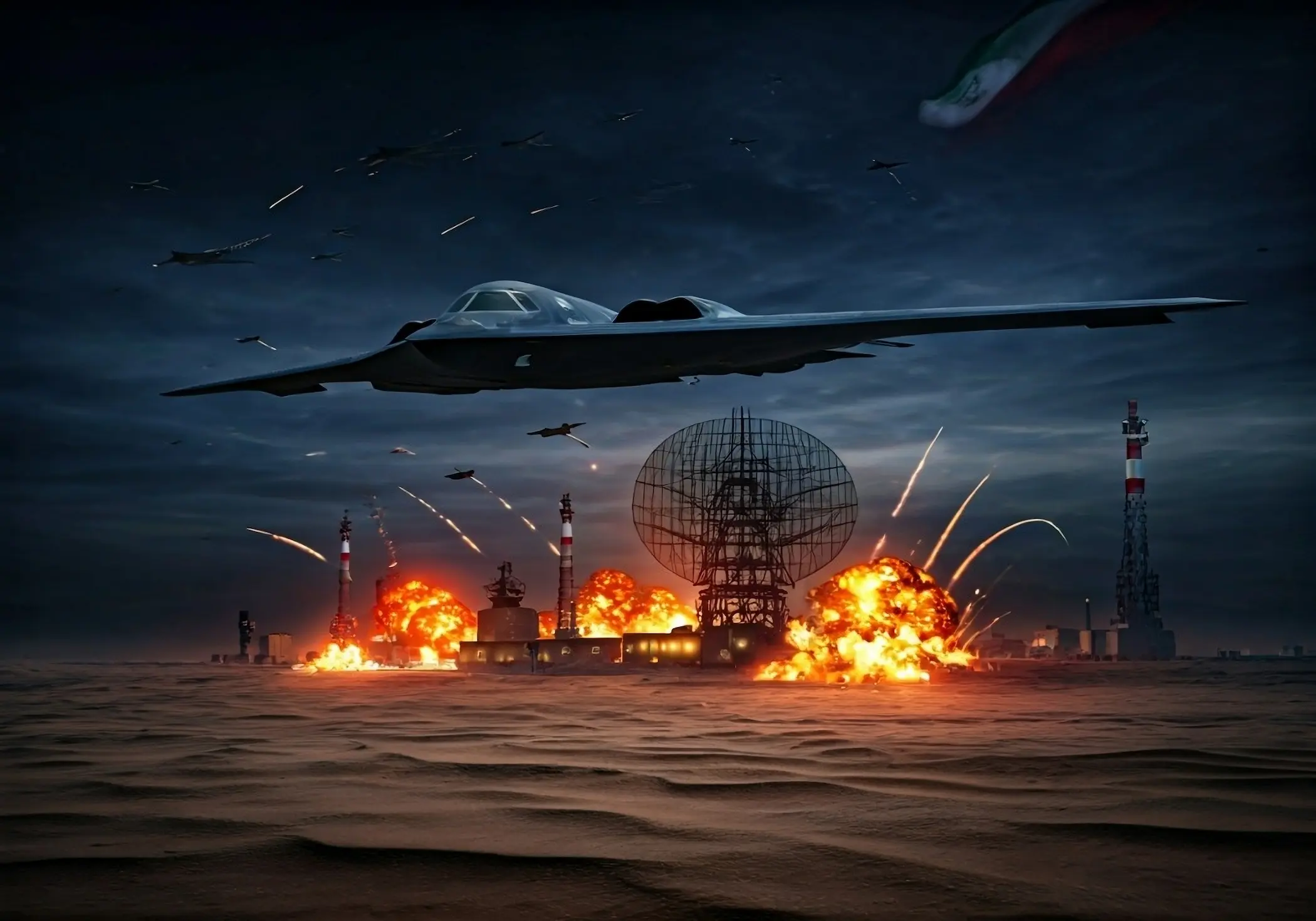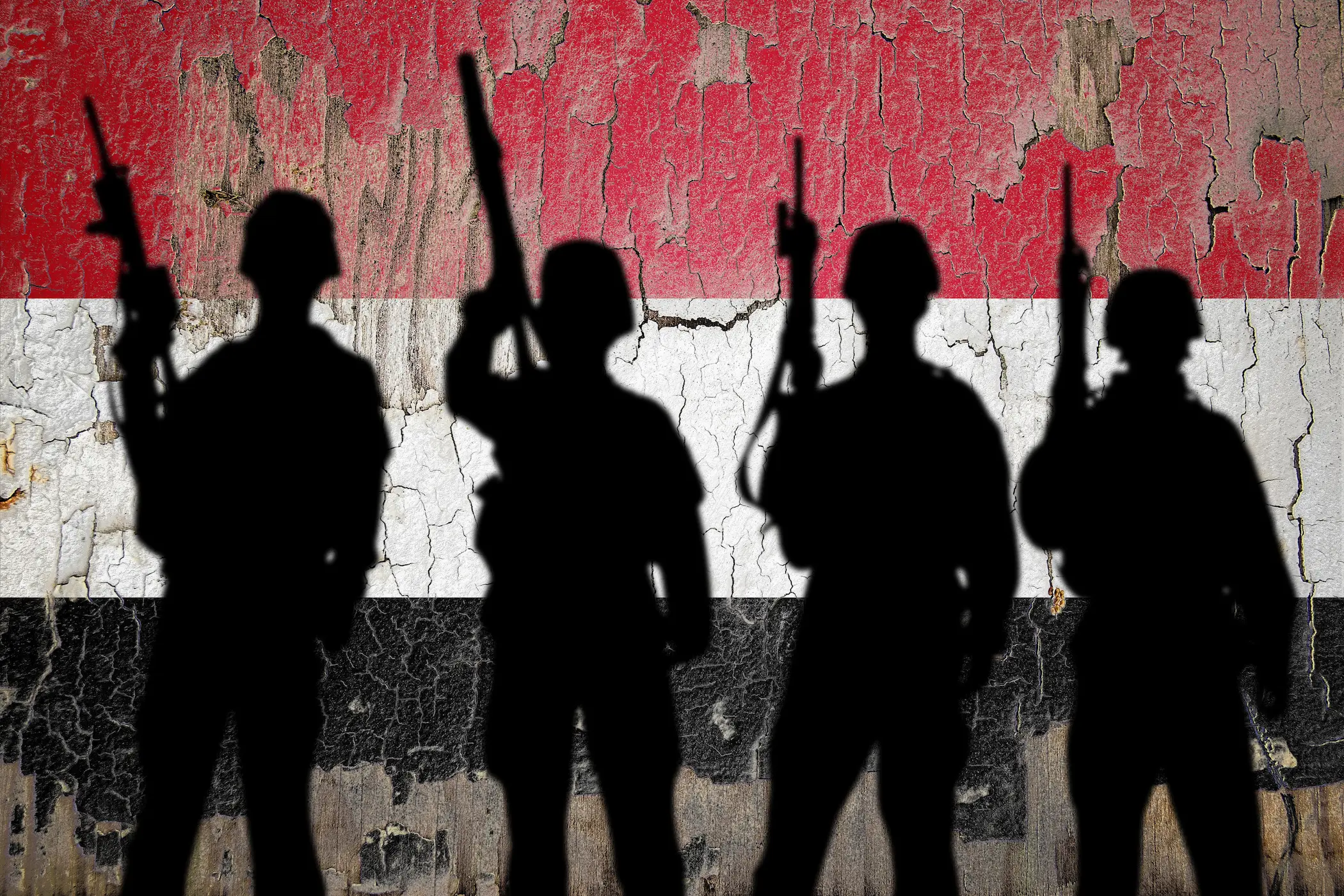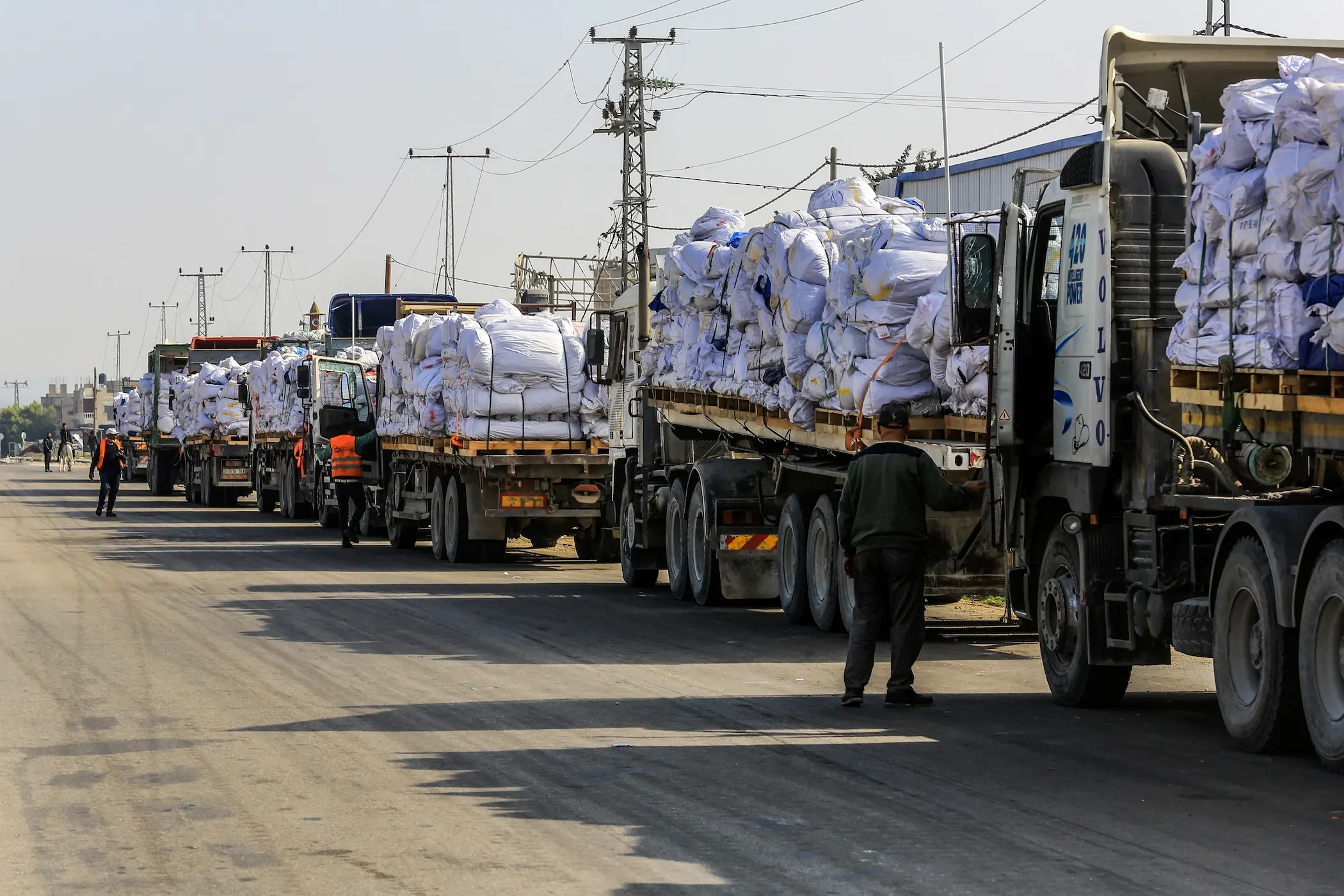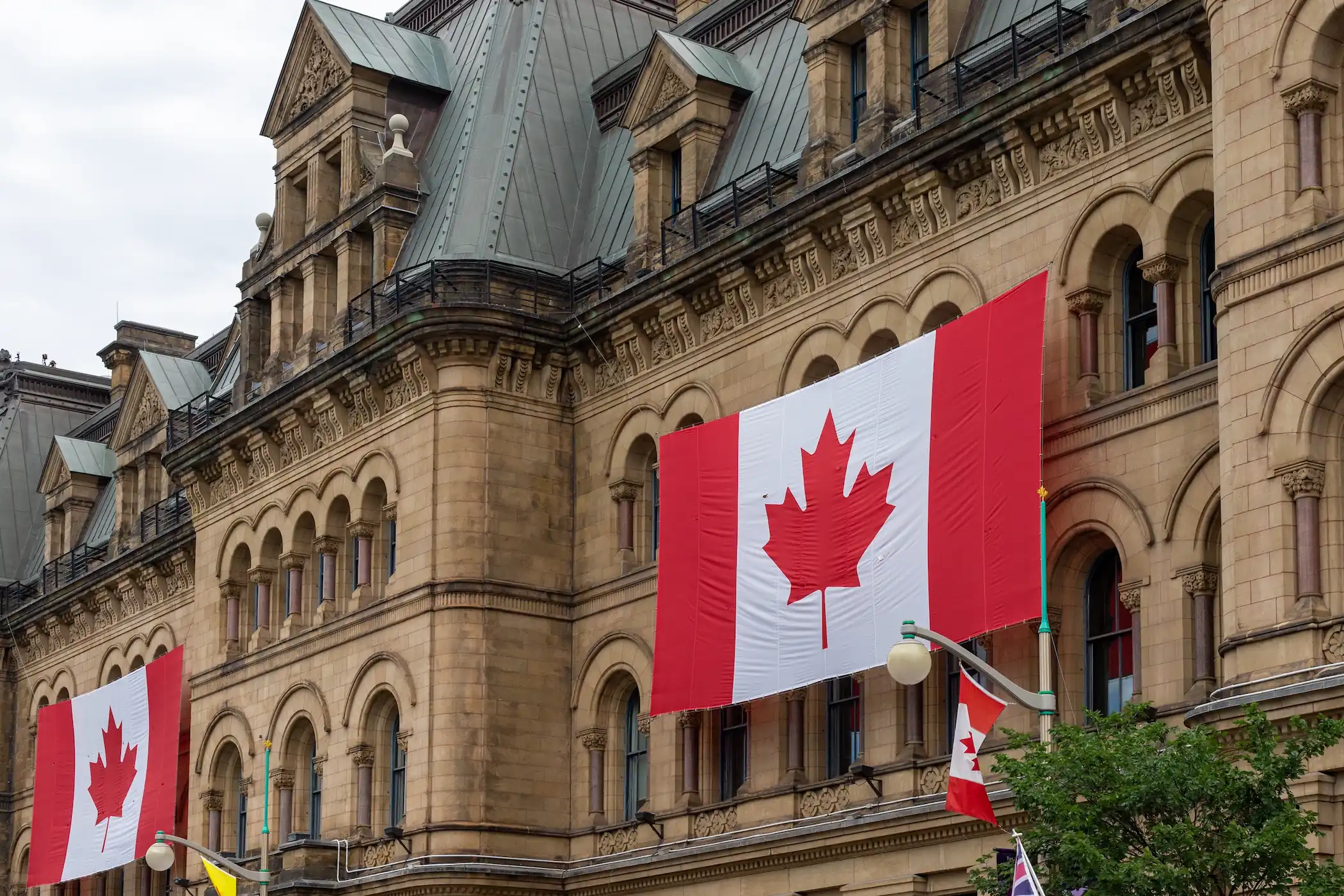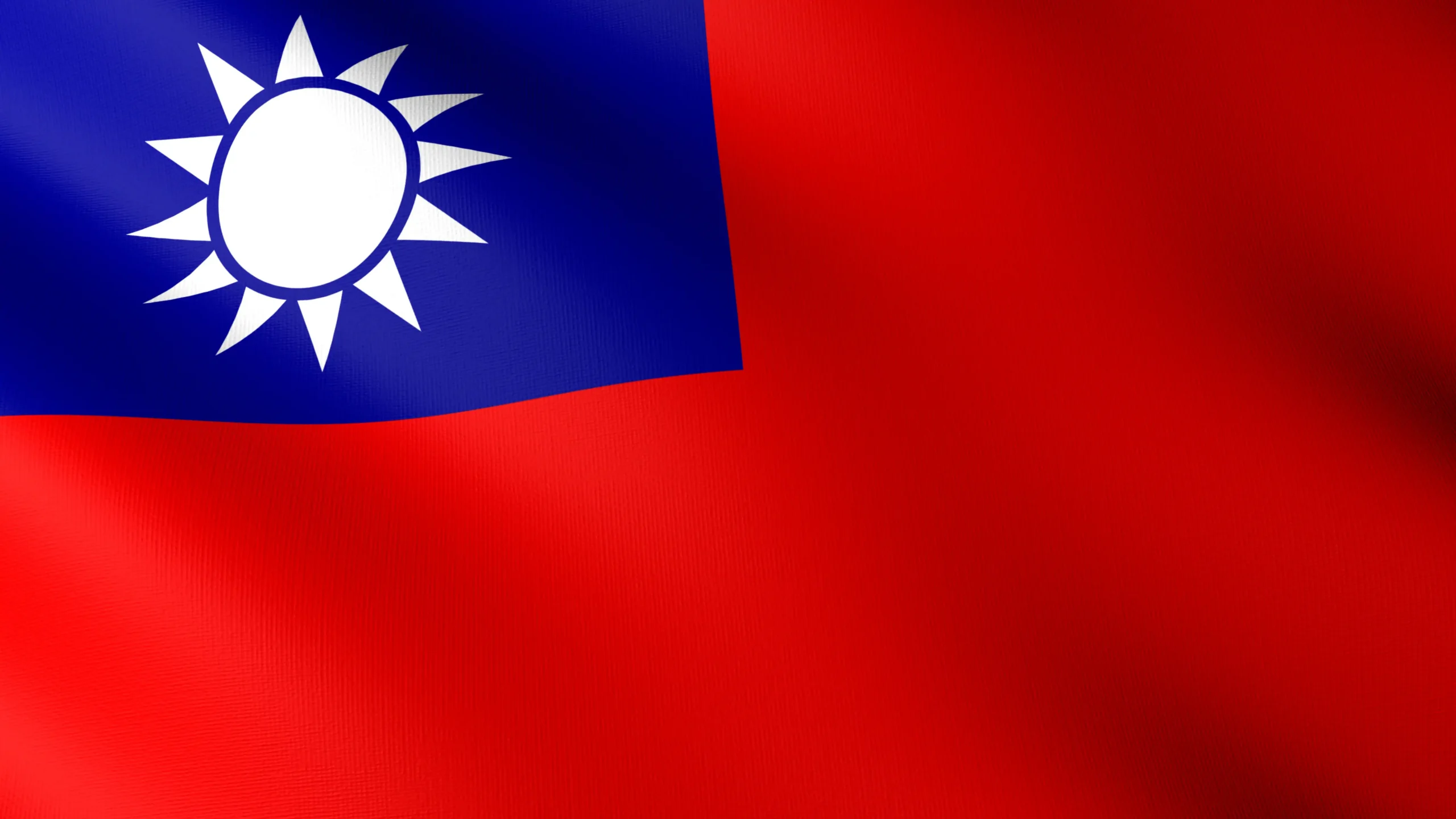2 Jul 2025
Trump’s Control Over His Party Falters
President Donald Trump’s iron grip over the Republican Party is faltering. Internal divisions over his sweeping new tax and spending bill are threatening to fracture party unity. The legislation, branded by Trump as the “Big Beautiful Bill,” is both a showcase of his populist ambitions and a flashpoint for ideological and regional rifts within the GOP that rarely come to light.
23 Jun 2025
Containment to Confrontation: US Intervention in Iran
In the early hours of June 22, 2025, the Middle East entered a new phase of strategic confrontation following the United States' execution of a calibrated series of precision airstrikes against three of Iran’s most critical nuclear facilities: the Fordow Fuel Enrichment Plant, the Natanz Enrichment Complex, and the Isfahan Nuclear Technology Center. These strikes marked a significant inflection point in American policy toward Iran's nuclear program, signifying a deliberate departure from the long-preferred instruments of sanctions, diplomacy, and covert sabotage toward direct military action aimed at functionally dismantling Iran’s enrichment capacity.
The U.S. intervention did not occur in a vacuum but was preceded by a sweeping nine-day Israeli air campaign— “Operation Rising Lion”—which inflicted substantial damage on Iran’s conventional military and nuclear infrastructure. Yet U.S. strategic assessments concluded that Israeli capabilities alone would fall short of neutralizing the deeply buried Fordow facility, located nearly 90 meters beneath the mountains near Qom. Accordingly, Washington deployed B-2 Spirit bombers from Whiteman Air Force Base and launched submarine-based Tomahawk cruise missiles, employing—for the first time in combat—the GBU-57 Massive Ordnance Penetrator, a 30,000-pound precision-guided “bunker buster” weapon. The strikes were designed not merely to degrade but to decapitate Iran’s uranium enrichment trajectory at every critical juncture.
While the U.S. administration proclaimed the operation a “complete and total success,” Iran’s leadership sought to downplay the extent of the damage, signalling both resilience and continued intent to pursue its nuclear ambitions. Tehran’s initial response refrained from large-scale direct retaliation, instead signalling a likely pivot toward asymmetric reprisal via regional proxies such as the Houthis, alongside diplomatic escalation and renewed threats to abandon the Nuclear Non-Proliferation Treaty (NPT). This calibrated restraint highlights the regime’s acute awareness of the potentially existential consequences of a direct confrontation with the United States.
Structurally, the strikes reflect a paradigmatic shift in U.S. non-proliferation doctrine: from risk management through deterrence and arms control to selective, high-precision coercion. The operation also underscores a changing regional deterrence architecture, in which American military intervention is no longer conditioned by alliance consensus or Gulf coordination, as several key Arab states were reportedly excluded from prior notification. This signals an American willingness to act unilaterally—or bilaterally with Israel—when core proliferation red lines are deemed to have been crossed.
23 Jun 2025
Will the Houthis Intervene?
On June 22, the United States attacked three main nuclear facilities in Iran (Fordow, Natanz, and Isfahan), claiming that these strikes were successful and incapacitated the facilities. Following this attack, Iran fired a new wave of ballistic rockets at Israel while pledging to respond more fiercely to the U.S. attack. The degree of Iranian retaliation will be determined on whether the U.S. was successful in its attempt to completely destroy Iran's nuclear programme.
If Iran managed to move the enriched uranium into new safe places before the attack, or if these materials are being safely stored in the same facilities underground, beyond the reach of the U.S., the Iranian retaliation might be limited. However, if these materials have been destroyed, it is expected that Iran will retaliate strongly, as the U.S. and Israel have crossed the red lines that Iran has already set. In this case, Iran will tend to activate its proxy groups in the Middle East and get them involved.
25 May 2025
A Turning Point in Gaza: Allies’ Ultimatum May Shift the Calculus
The recent joint statement by the United Kingdom, France, and Canada, threatening "concrete actions" against Israel if it does not cease its renewed military operations in Gaza and significantly increase humanitarian aid, marks a significant shift in the international discourse surrounding the ongoing conflict.
29 Apr 2025
Canada’s Elections in the Shadow of Trump
Just a few months ago, Canada’s Conservative Party was on track for a historic victory. Polls gave Conservative Leader Pierre Poilievre a commanding 25-point lead over Justin Trudeau’s deeply unpopular Liberals. After nearly a decade of Liberal rule which has been marked by rising inflation, a housing crisis, and voter fatigue, the 2025 Federal Election was shaping up to be a reckoning for the Liberals. Then Donald Trump happened.
Trump’s return to the White House brought a renewed unpredictability to U.S. foreign policy. In quick succession, he slapped tariffs on Canadian goods and floated the provocative idea of making Canada the 51st state, an idea he has consistently repeated. While many dismissed his comments as bluster, for Canadian voters they struck a nerve. These were not just insults—they were perceived threats to the country’s sovereignty, economy, and identity. As Trump escalated tensions, the focus of the election shifted almost overnight from domestic frustrations to national survival and unified Canadians against a common enemy.
25 Feb 2025
Emergency Arab Summit: The End of Gaza’s Suffering?
The upcoming emergency Arab summit in Cairo on March 4, 2025, occurs amid widespread regional and global condemnation of U.S. President Donald Trump's proposal to "take over" the Gaza Strip, transform it into what he claims will be the "Riviera of the Middle East," and resettle Palestinians elsewhere. This plan, though predictably outlandish, catalyses a gathering fraught with both peril and potential as it introduced uncertainty into the delicate ceasefire negotiations between Israel and Hamas. There are growing concerns that it may derail discussions for the second phase of the truce, which seeks to end the 15-month-long war.
Cairo finds itself not merely hosting a summit, but rather presiding over a critical juncture, one that will test the very foundations of Arab solidarity and expose the vulnerabilities inherent in a region perpetually teetering on the brink. This summit is not simply about addressing the Palestinian issue; it is about confronting a blatant disregard for Palestinian rights and a cynical manoeuvre that threatens to unravel any semblance of regional stability.
The summit’s raison d'être is clear to construct a unified Arab front against this displacement agenda and, more broadly, to reaffirm a collective commitment to the Palestinian cause. However, the very notion of “Arab unity” is itself a historically fraught concept, often more aspirational than actual. Past summits have showcased deep divisions and diverging national interests, rendering collective action elusive. Cairo must navigate these fault lines, leveraging the palpable outrage over the displacement proposal to forge a genuine consensus. The challenge lies not only in articulating a unified stance but in ensuring its practical implementation, translating rhetorical solidarity into concrete actions. This summit will serve as a litmus test for the Arab League’s relevance and capacity to act as a cohesive force in the face of external pressures and internal fissures. The spectre of past failures looms large, demanding a demonstrable shift from pronouncements to tangible outcomes.
14 Jan 2024
Taiwan’s Elections: What Does it Bring for the World?
As of the 13th of Jan. 2024, Taiwan has elected a new president, Lai Ching-te, a member of the Democratic Progressive Party (DPP) nationalist party. Despite Taiwan being a relatively small country, who is only recognized as an independent state by 13 countries, its elections will have global ramifications. Chinese claims over the strait of Taiwan are nothing new, however, having a new president who has been dubbed as a “trouble maker” by Xi Jinping could act as the initial spark of a new war in 2024.

